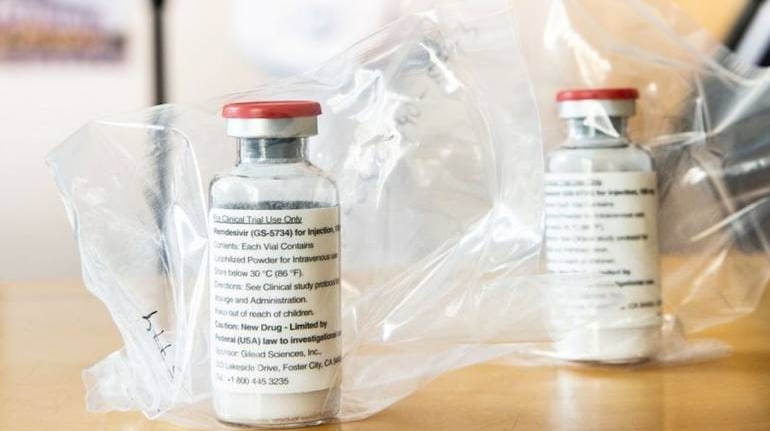



The shortage of Remdesivir, the antiviral drug used for treating hospitalised COVID-19 patients, is expected to ease in August, as Zydus Cadila and Dr Reddy's are set to enter the market with their generic versions.
Even the existing manufacturers are trying to ramp up production capacity. Sources told Moneycontrol that around 8 lakh doses are expected to be available in August, with likely entry of new manufacturers.
Till now, only Cipla, Hetero and Mylan have launched the generic versions of Remdesivir in India. Jubilant Life Sciences also has the approval to make the drug and is expected to launch it in August. While Cipla and Hetero can produce up to 2 lakh doses a month, the production capacity of Mylan is not known.
Dr Reddy's, Zydus Cadila and Syngene are other companies that have the licence from Gilead to manufacture and distribute Remdesivir generic versions.
Pankaj Patel, Chairman of Zydus Cadila, in an interview with Moneycontrol earlier this month, said the company has the potential to produce as much as 3-4 lakh doses a month, and it plans to launch the drug by August.
Erez Israeli, Chief Executive Officer of Dr. Reddy's, also hinted at substantial Remdesivir supply capacity.
"(We have capacities) as much as India needs and beyond," Israeli said at the company's post-earnings media briefing.
Both Zydus Cadila and Dr Reddy's applications for the launch of generic versions of Remdesivir have been pending before the regulator.
A spokesperson of Hetero told Moneycontrol that the company is trying to expand capacity.
Shortages
At the moment, due to the shortage, black market sales of Remdesivir continue to thrive as COVID-19 cases are rising at a fast pace.
Remdesivir is prescribed for hospitalised patients who are on oxygen. The drug has to be taken for five days, with 200 mg IV (intravenous) on day 1 followed by 100 mg IV daily for four days.
The drug was approved as an experimental therapy for restricted emergency use on patients.
A vial of the medication from Cipla costs Rs 4,000 while Hetero's product is priced highest, at Rs 5400 per vial. The companies were supplying to the government in bulk at 20-30 percent cheaper rates. Meanwhile, call from health activists to include the expensive treatment in the price-controlled category is growing louder.
The National Pharmaceutical Pricing Authority, the domestic drug price regulator, has clarified that it can't regulate the price of Remdesivir, as it has not been notified as a drug.
Discover the latest Business News, Sensex, and Nifty updates. Obtain Personal Finance insights, tax queries, and expert opinions on Moneycontrol or download the Moneycontrol App to stay updated!